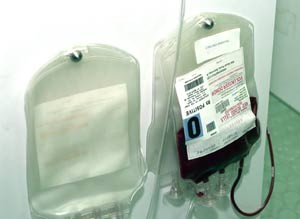Athletes and officials could be required to sign declaration under oath
 With an increased focus on fighting doping due to the Lance Armstrong/US Postal Service case plus the related sacking of Matt White and review of the Orica GreenEdge team, Australian Olympic chief John Coates has said that athletes may be required to sign a pledge attesting to a clean background.
With an increased focus on fighting doping due to the Lance Armstrong/US Postal Service case plus the related sacking of Matt White and review of the Orica GreenEdge team, Australian Olympic chief John Coates has said that athletes may be required to sign a pledge attesting to a clean background.
The requirement would be in place for all Australians hoping to represent the country in the 2016 Olympics, both in cycling and in other sports.
“If they don’t sign, they don’t go to the Games, they won’t be selected,” the Australian Olympic Committee president said in a statement. “What I don’t want is for the AOC to have egg on its face like cycling has.
“In my opinion we simply cannot allow the name of the AOC to be damaged, like that of the International Cycling Union, for not having taken every reasonable step possible to ensure that no person in authority on our Olympic team has a doping history,” he explained.
If passed by the AOC executive board at its scheduled meeting in Melbourne this month, it would mean that all athletes, coaches and other officials would have to sign the declaration under oath. In it, they would be required to vow that they have no current or previous link with doping. Those who refuse to sign would be unable to go to the Games.
It is understood that under the proposal, those who give a declaration under oath could face imprisonment and/or large fines if it is shown that they have lied.
The next summer Olympics is in 2016, but the requirement could be in place for the 2014 winter Games.
Coates also reiterated that he wants the federal government to give additional powers to the Australian Sports Anti-Doping Authority. One request is that it would be able to compel witnesses to give evidence.
In 2007 the UCI introduced a declaration that riders had to sign to say that they had no part in Operacion Puerto or any other such cases. It also required them to undertake to pay a year’s salary if they tested positive. Paolo Bettini refused to sign the document before the 2007 world road race championships, but was ultimately permitted to ride and won his second consecutive gold medal.
If it is successfully passed and the additional anti-doping powers are introduced as requested, the Australian proposal could be legally binding and thus more effective.